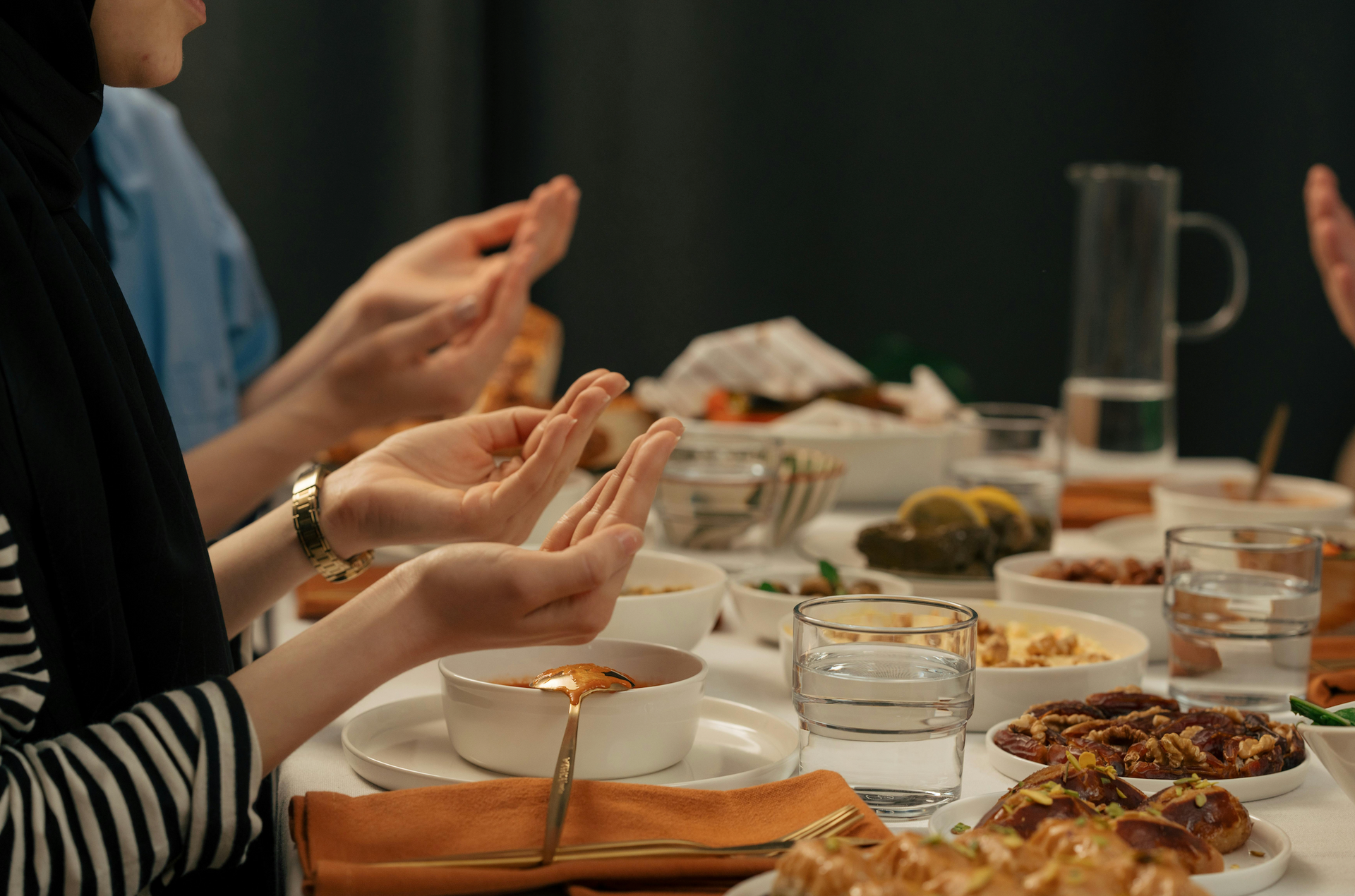Top Tips for Fasting Safely
FAQ
1. Can I miss fasting if I am pregnant or breastfeeding?
2. Is fasting safe in the first trimester?
3. Can fasting harm my baby during pregnancy?
4. Does fasting affect breast milk supply?
5. When is fasting strongly discouraged while breastfeeding?
6. How much water should I drink while breastfeeding?
7. What should I eat at suhoor and iftar?
8. When should I break my fast and seek help?











